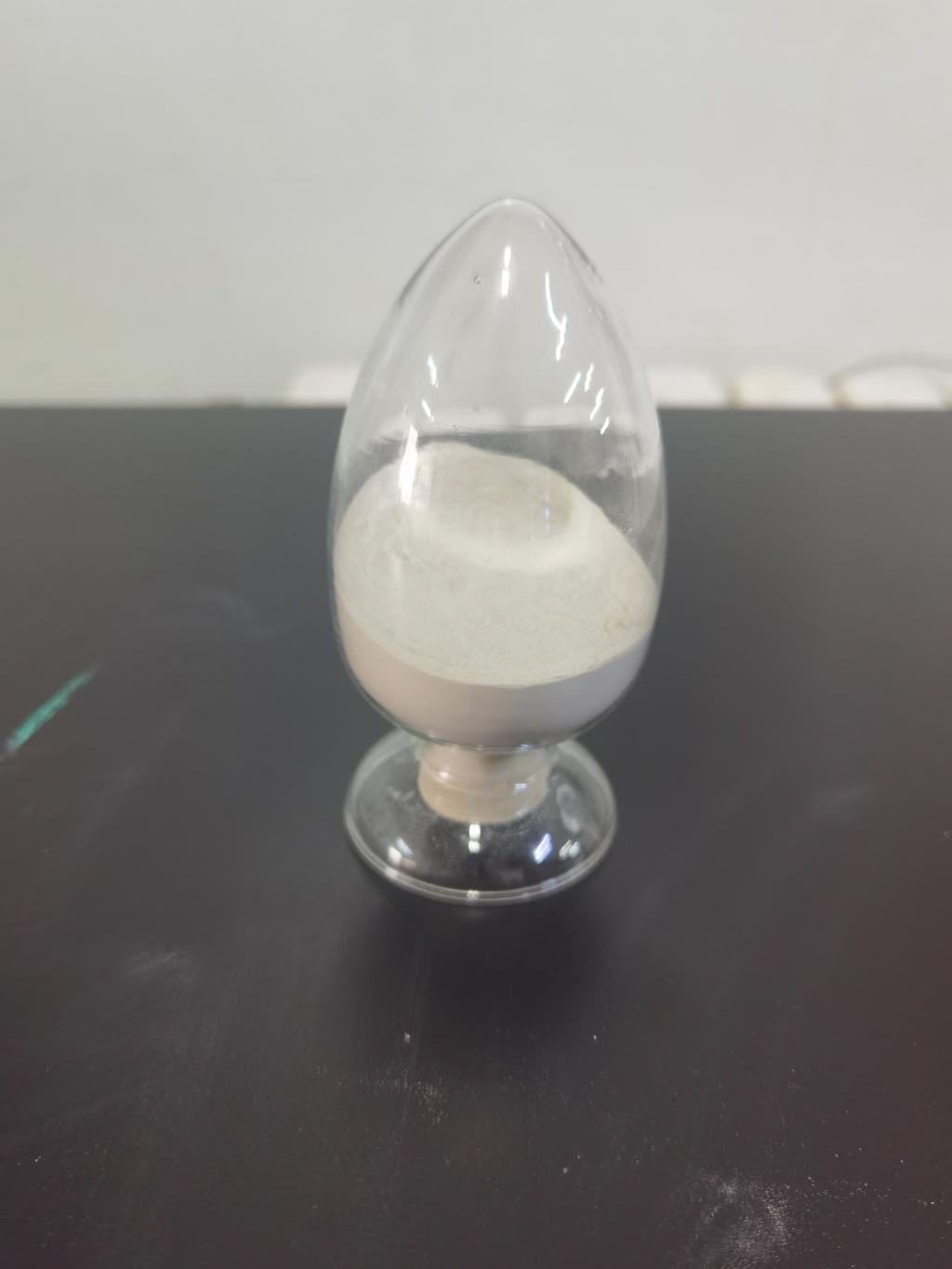Tel:+8618231198596

News
 CONTACT
CONTACT
 CONTACT
CONTACT
- Linkman:Linda Yao
- Tel: +8618231198596
- Email:linda.yao@dcpharma.cn
- Linkman:CHARLES.WANG
- Department:Overseas
- Tel: 0086 0311-85537378 0086 0311-85539701
News
Exploring Nisin's Role in Enhancing Food Shelf Life
TIME:2024-01-04
Understanding Nisin's Mechanisms of Action:
Nisin's efficacy in extending the shelf life of food lies in its unique mechanisms of action. Unlike traditional preservatives, Nisin operates on a molecular level, disrupting the cell membrane of target bacteria. This process involves binding to lipid II, a critical component in bacterial cell wall synthesis, leading to the formation of pores in the cell membrane and eventual bacterial cell death. The specificity of Nisin for bacterial cells without harming eukaryotic cells sets it apart, making it an attractive option for food preservation.
Applications in Various Food Matrices:
Nisin's versatility in different food matrices has positioned it as a valuable tool for enhancing the shelf life of a wide array of food products. From dairy to meat, and even plant-based alternatives, Nisin has demonstrated its effectiveness in inhibiting the growth of spoilage and pathogenic bacteria. Its applications span from liquid products like juices and sauces to solid products like cheeses and processed meats. The ability of Nisin to combat a broad spectrum of bacteria makes it a versatile and widely applicable preservative.
Nisin in Dairy Products:
The dairy industry has particularly embraced the benefits of Nisin in preserving the quality of products. In cheese production, Nisin has proven instrumental in controlling the growth of undesirable bacteria, contributing to the safety and longevity of various cheese varieties. Additionally, its compatibility with the natural microflora of dairy products makes it an ideal choice for maintaining the microbial stability crucial for product quality.
Meat Products and Nisin:
The application of Nisin extends to the meat industry, where its antimicrobial properties play a crucial role in preventing spoilage and ensuring the safety of processed meats. From cured meats to sausages, the incorporation of Nisin has been shown to effectively control the growth of bacteria such as Listeria monocytogenes, enhancing the shelf life and safety of these products. The ability of Nisin to work synergistically with other preservation methods, such as refrigeration, adds to its appeal in the meat industry.
Nisin in Beverages:
Liquid food products, including beverages, pose unique challenges for preservation. Nisin has proven effective in inhibiting the growth of spoilage bacteria in juices, soft drinks, and other liquid formulations. Its compatibility with a range of pH levels and temperatures makes it a versatile preservative for a variety of beverage products, ensuring that consumers can enjoy these products for an extended period without compromising quality.
Challenges and Considerations:
While Nisin presents itself as a powerful ally in food preservation, certain challenges and considerations merit attention. The stability of Nisin under different processing conditions, potential interactions with other food components, and regulatory considerations are among the factors that require careful evaluation. Researchers and industry professionals are actively addressing these challenges to optimize the use of Nisin in diverse food applications.
Nisin and Consumer Perception:
Consumer preferences and perceptions play a pivotal role in the food industry. With the growing demand for natural and clean-label products, Nisin aligns well with consumer expectations. Being a naturally occurring peptide, Nisin adds value to food products by serving as a clean-label preservative, meeting the preferences of consumers who seek minimally processed and naturally preserved foods.
Future Directions and Innovations:
As the food industry continues to evolve, so do the applications of Nisin. Ongoing research is exploring innovative ways to leverage Nisin for enhanced food preservation. This includes investigating its potential in combination with other natural preservatives, exploring novel delivery systems, and adapting its use for emerging food trends such as plant-based and alternative protein products. The future holds exciting possibilities for Nisin as researchers seek to unlock its full potential in addressing the evolving needs of the food industry.
Conclusion:
In conclusion, Nisin's role in enhancing food shelf life is a testament to the transformative power of natural antimicrobial agents. From its unique mechanisms of action to its widespread applications in diverse food matrices, Nisin has emerged as a valuable tool for the food industry. As the quest for sustainable and effective food preservation methods continues, Nisin stands out as a promising solution, contributing to the production of safer, longer-lasting, and higher-quality food products.
- Tel:+8618231198596
- Whatsapp:18231198596
- Chat With Skype







